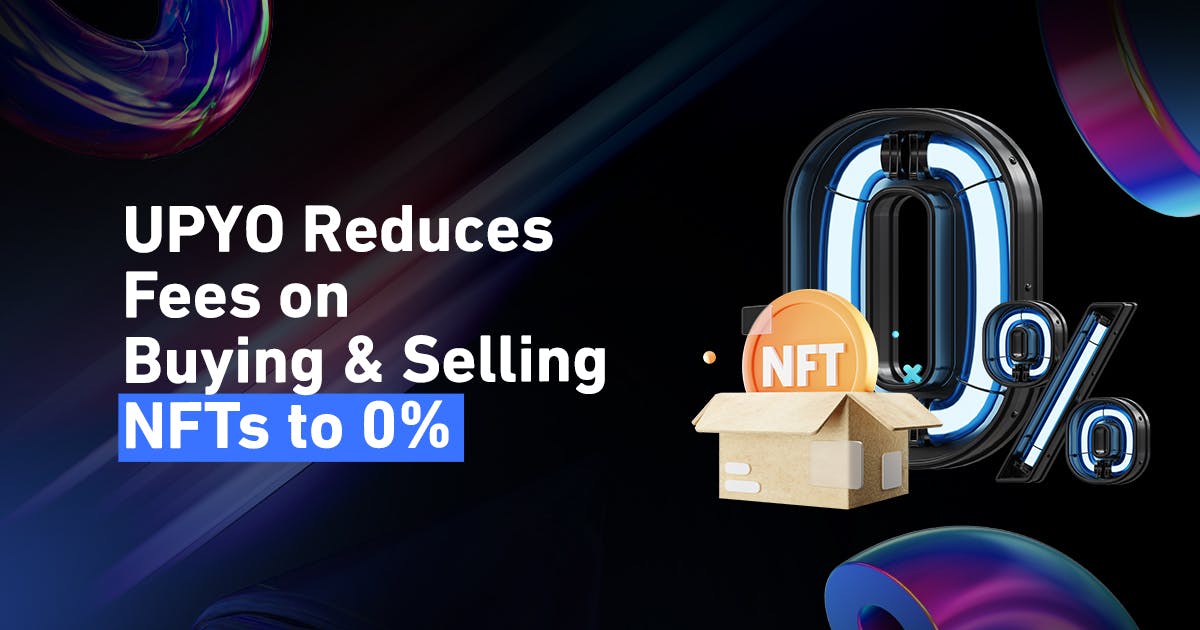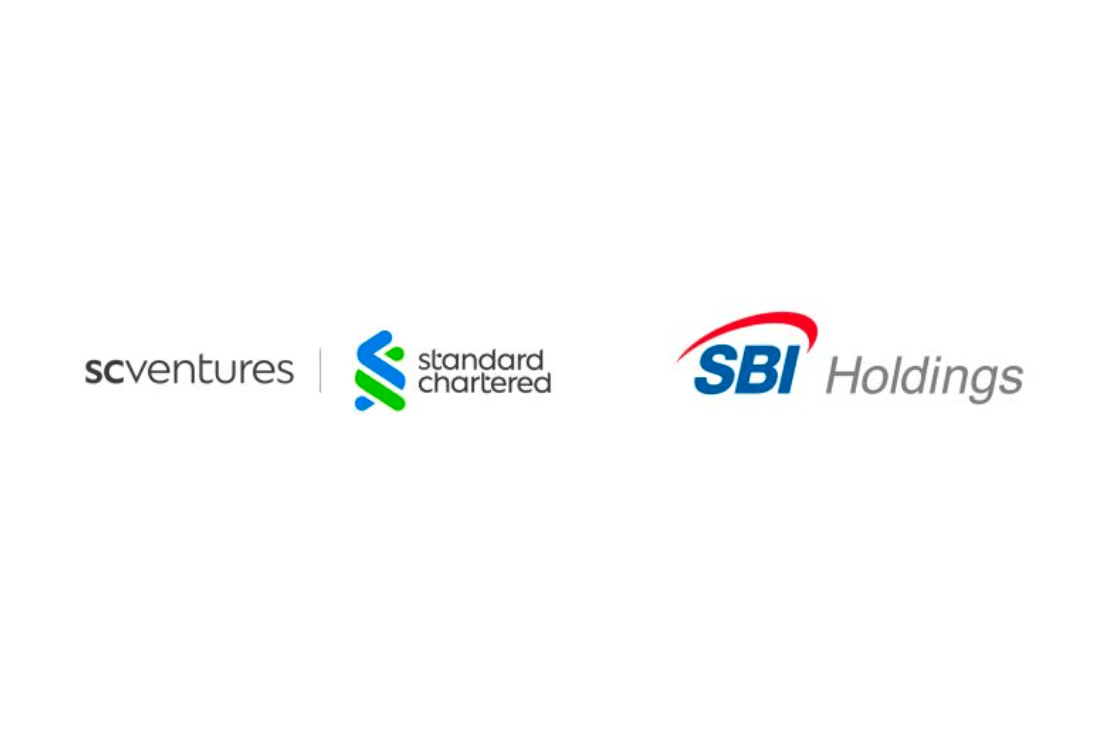UAE’s NAMLCFTC Addresses Unlicensed VASPs
UAE
The National Anti-Money Laundering and Combating Financing of Terrorism and Financing of Illegal Organisations Committee (NAMLCFTC), representing the Central Bank of the United Arab Emirates, has taken a significant step to address unlicensed virtual asset service providers (VASPs) by issuing comprehensive guidelines.
These guidelines serve as a valuable resource for combating financial crimes and highlight the importance of complying with relevant regulations and legislation to maintain the integrity of the UAE’s financial system.
The NAMLCFTC has emphasized that any unlicensed VASPs operating within the UAE will face both civil and criminal penalties, which may include fines imposed on the VASP entity, its owners, and senior managers.
Furthermore, companies that show “willful blindness” in their dealings with unlicensed VASPs and lack robust anti-money laundering (AML), combating financing of terrorism (CFT), and counter-proliferation financing controls may also face penalties.
This timely issuance of guidance coincides with the increasing accessibility of virtual assets through digital channels. As the digital economy in the UAE matures, efforts to combat various financial crimes intensify, emphasizing the importance of raising awareness regarding their risks.
Governor of the Central Bank of the UAE and chairman of the NAMLCFTC Khaled Mohamed Balama asserted the importance of compliance with regulations and legislation to ensure the financial system’s integrity.
These guidelines were developed through the collaboration of NAMLCFTC and various regulatory bodies in the UAE, including the Dubai Financial Services Authority, Abu Dhabi Global Market, Securities and Commodities Authority, Ministry of Justice, Ministry of Economy, and Virtual Assets Regulatory Authority.
These supervisory authorities recognize the diverse and innovative tactics suspicious parties use to carry out fraudulent schemes.
Fraudulent entities can be identified by several key indicators, including the absence of a regulatory license, lack of a physical presence, making unrealistic promises such as Ponzi schemes, having inadequate websites and communications, putting undue pressure on investors, offering unlicensed products (virtual assets), providing no consumer protection, non-compliance with regulatory disclosure, a lack of compliance records, social engineering, fraudulent initial coin offerings (ICOs), fake wallets and exchanges, illicit use of virtual currencies, and transactions involving freehold property and real estate, among others.
Subscribe to UPYO News Newsletter to receive Latest, Breaking and Live Updates on Web3 Space.














